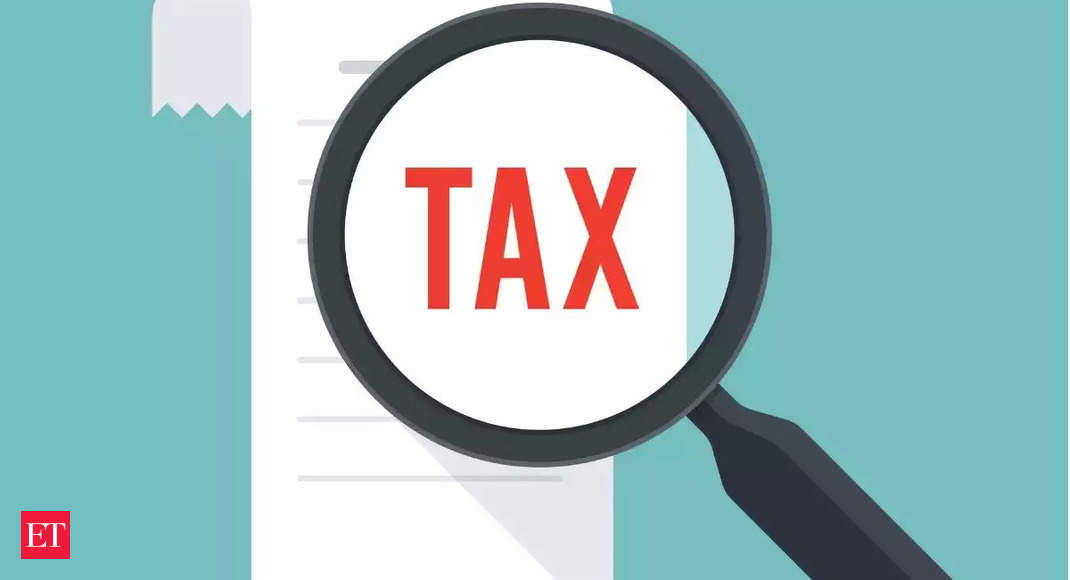India, along with 137 other countries, has made significant progress in implementing a global framework that aims to ensure multinational corporations face a minimum corporate tax rate of at least 15%. The Organisation for Economic Co-operation and Development (OECD) has described the progress made this week as a major reform of the international tax system. As part of the agreement, India and other countries have also decided to delay implementing measures for imposing unilateral digital tax until December 2024 or until a deal on digital taxes is finalized.
The next G20 Finance Ministers and Central Bank Governors meeting, scheduled for July 17-18 in Gandhinagar, is expected to discuss ways to further narrow differences on the tax reform.
The revised draft declaration for leaders, which was circulated at the third meeting of G20 Sherpas, emphasizes the importance of pushing global tax reform forward. People familiar with the development have revealed that India is eager for the early adoption of anti-avoidance rules.
Experts believe that the four-part plan presented by the OECD could bring about radical changes to the global tax landscape. The plan addresses the issue of multinational corporations setting up intermediary operations in low-tax jurisdictions before establishing their base in any country, in order to reduce their tax liabilities.
Over 140 countries have already agreed to begin implementing a global tax deal reached in 2021, which aims to modernize tax rules for multinational corporations. The current rules are considered outdated, as digital giants like Apple and Amazon have been able to book profits in low-tax countries.
The first part of the two-pillar deal on Base Erosion and Profit Shifting seeks to reallocate taxing rights on approximately $200 billion in profits from the largest and most profitable multinationals to the countries in which their sales occur. The second pillar aims to end tax competition between jurisdictions by establishing a global minimum corporate tax rate of 15%.
While the second pillar is already being implemented by over 50 countries, some nations have raised concerns about the multilateral treaty that underpins the first pillar, as stated by the OECD after talks in Paris.
As a result, the plan is now to finalize the details so that governments can endorse the treaty by the end of this year, with the goal of having it enter into force in 2025 instead of the previously planned 2024.











